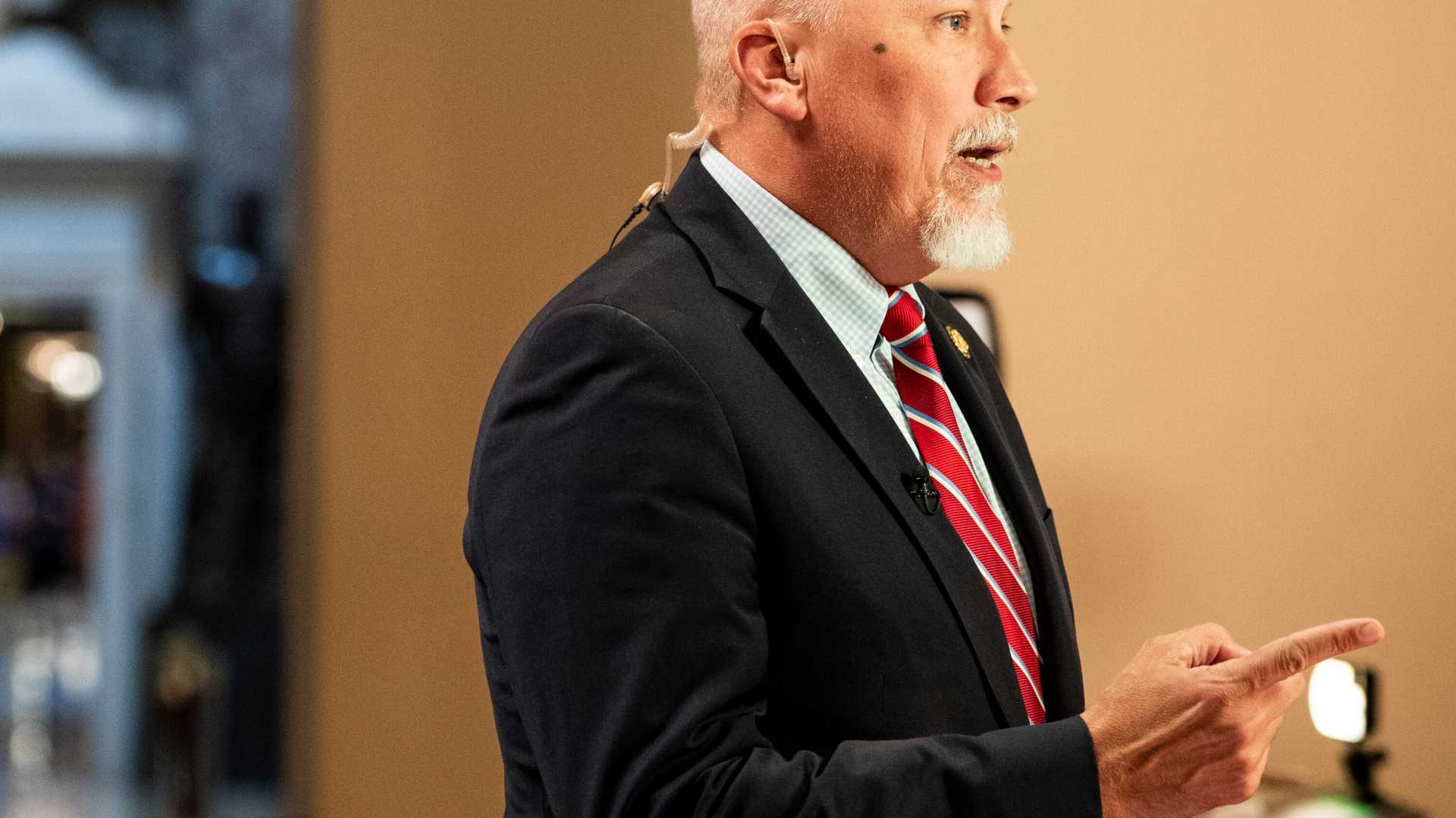Politics
Conservative Republicans Threaten Domestic Policy Bill’s Passage

Washington, D.C. — Conservative Republicans in the House of Representatives expressed strong opposition Thursday to a key bill intended to advance President Donald Trump‘s domestic agenda. The dissent jeopardizes the tax and budget proposal aimed at delivering significant fiscal changes ahead of an upcoming Memorial Day recess.
Rep. Chip Roy of Texas, a prominent anti-spending conservative, walked out of a meeting led by Speaker Mike Johnson, clearly indicating his intention to vote against the legislation in the Budget Committee’s upcoming session on Friday. If another Republican joins him in opposition, they could halt the legislation’s progress, raising concerns for party leaders hoping to pass the bill quickly.
“Right now, the House proposal fails to meet the moment,” Roy stated. “It does not meaningfully change spending. Plus, many of the decent provisions and cuts don’t begin until 2029 and beyond. That is swamp accounting to dodge real savings.”
The proposed legislation seeks to extend Trump’s 2017 tax cuts, alongside temporarily fulfilling his campaign commitments to exempt tips or overtime pay from taxation. It also plans cuts to Medicaid, food stamps, and clean energy subsidies to offset the $3.8 trillion cost of the tax measures and increased military and immigration spending.
Many conservative lawmakers are urging modifications to the bill, asserting that it does not sufficiently cut federal spending. The Committee for a Responsible Federal Budget estimates that the proposal would add approximately $3.3 trillion to the deficit over the next decade, heightening concerns among fiscal conservatives.
There is specific dissatisfaction over certain spending cuts — particularly those that would impose work requirements for childless Medicaid recipients without disabilities, which are scheduled to begin in 2029. Rep. Scott Perry of Pennsylvania voiced his frustration via social media, stating, “On Medicaid work requirements: Start ‘em now. The American People are sick of half measures.”
House Republican leaders have crafted the bill carefully to shield vulnerable members from accusations of weakening popular health care programs like Medicaid, while avoiding drastic overhauls that could provoke backlash.
Speaker Johnson commented after the meeting, “Not everybody’s going to be delighted with every provision in a bill this large, but everyone can be satisfied, and we’re very, very close to that.”
However, divisions persist within the party, as a minority of Republicans from New York and California threaten to derail the bill due to the state and local tax deduction implications. Further, several members have urged leadership to abandon some of the more aggressive tax credit eliminations proposed in the legislation.
Even if the House manages to pass the bill, it may face significant revisions in the Senate. Many Republican senators have already voiced concerns, suggesting extensive changes will be needed. However, the legislation must first clear the Budget Committee, which plays a crucial role in shaping and validating the proposal before its House floor vote.
Budget Committee members, although unable to amend the bill at this stage, must approve it for the process to continue. With unanimous opposition from Democrats, Republican cooperation is essential. Any bypass of the committee could lead to complications in the Senate, risking Democrats’ ability to filibuster the bill.












